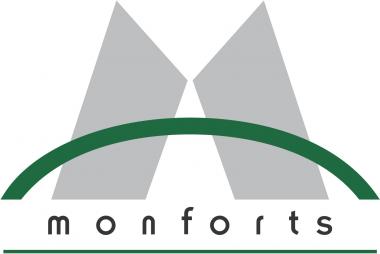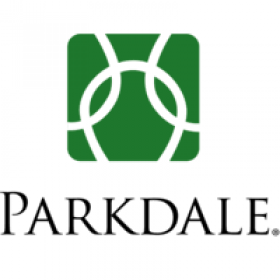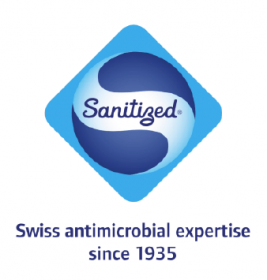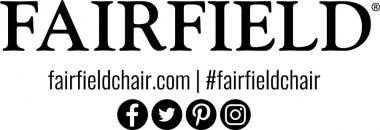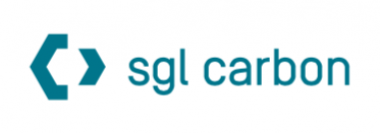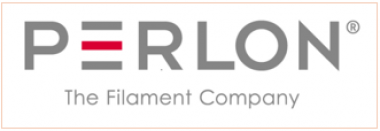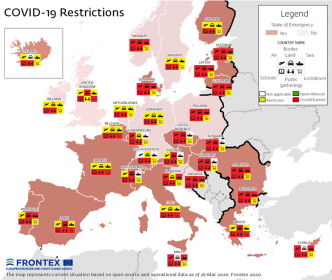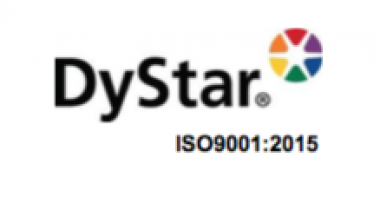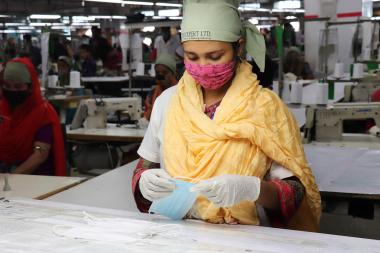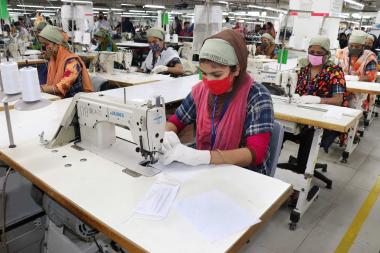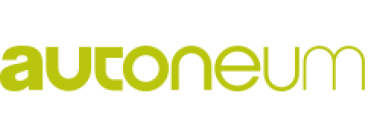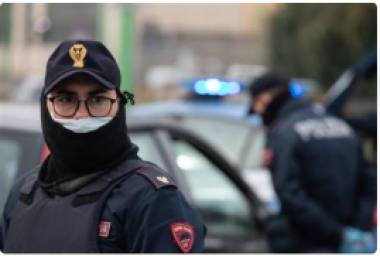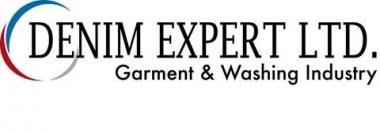Monforts: Industrial-scale testing for new PPE finishes
In the current fight against Covid-19, a number of formulators of textile finishing chemicals have rushed out new antiviral and antimicrobial treatments intended for PPE (personal protective equipment) such as face masks and medical gowns and drapes.
These finishing chemicals have naturally already been thoroughly tested in laboratories and their effectiveness verified at laboratory or pilot scale. However, they are new to many manufacturers of textiles and nonwovens now preparing to use them on an industrial level.
A lot of companies changed, due to the current situation their usual manufacturing programmes to the production of PPE items. “We have experts on hand at our operational Advanced Technology Centre (ATC) here in Germany, to help any of our customers to rapidly transition to new finishing techniques and treatments they may not be familiar with, and to run trials on their behalf, should they require this assistance.”, states the vice president of Monforts, Klaus Heinrichs.
The three lines at the ATC situated at the Monforts HQ in Mönchengladbach, are of a true industrial scale and trialling new products on them goes beyond lab or pilot plant testing to rapidly identify any problems that might occur once full production is underway.
AWOL Media


